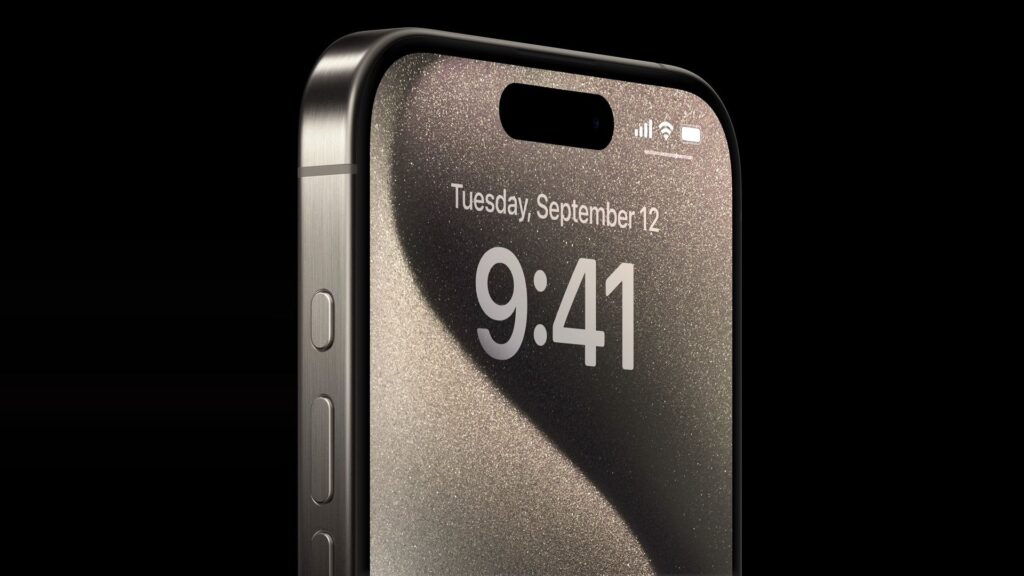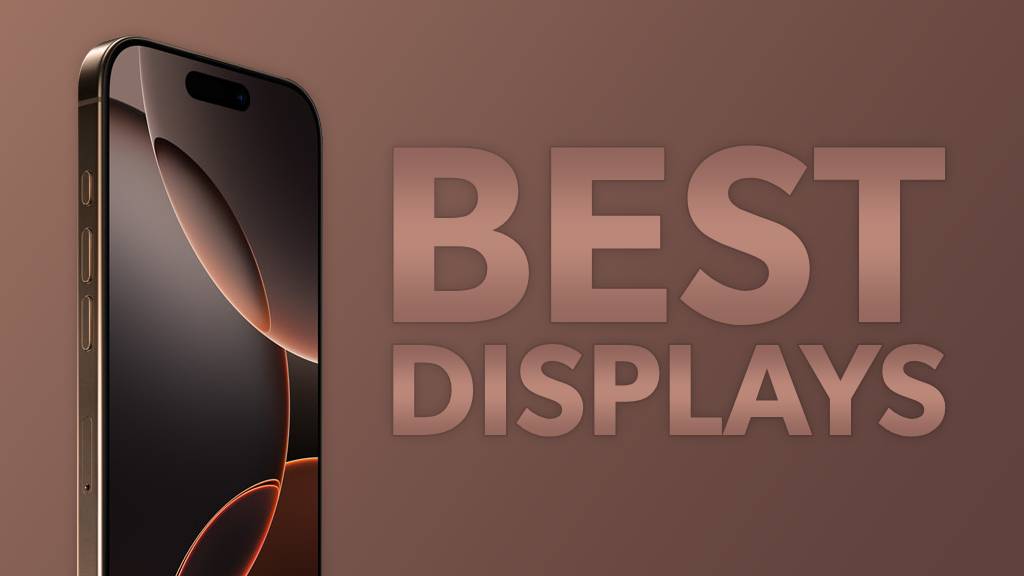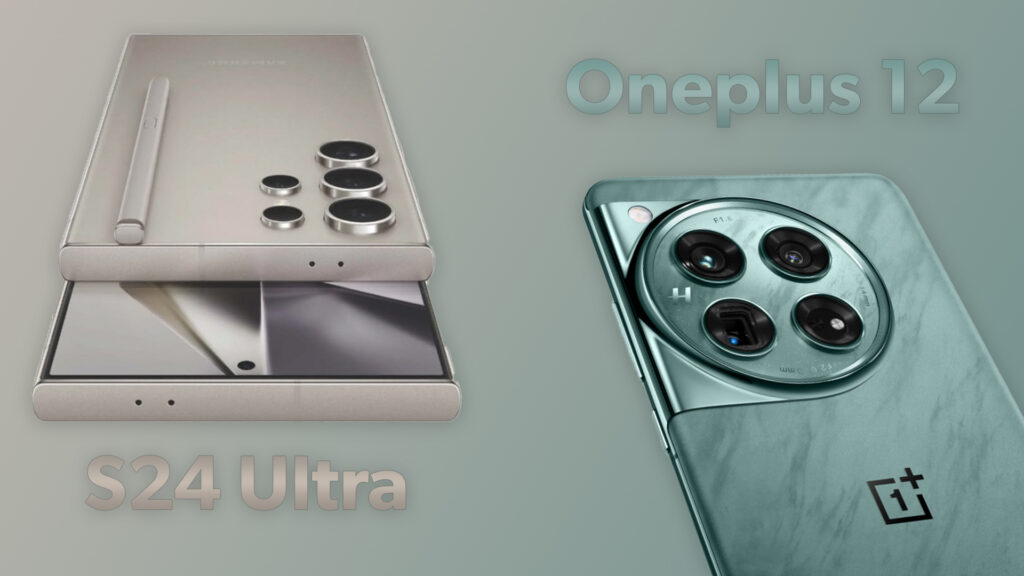Introduction
Choosing the perfect smartphone can be daunting, especially with display technologies evolving at lightning speed. From unmatched brightness to cinematic visuals, this guide breaks down the top contenders and their standout features, helping you find the best fit for your needs.
Key Takeaways
- Brightness Matters: Peak brightness ensures visibility under sunlight, with some displays reaching up to 4500 nits for unmatched clarity.
- Resolution and PPI: High-resolution screens with dense pixel counts provide sharp, immersive visuals for gaming and streaming.
- Versatility and Durability: Adaptive refresh rates, HDR support, and reinforced glass are essential for a top-tier smartphone experience.
Smartphones with the Best Displays!
Name | Display Size | Display Type | Resolution (Pixels) | Pixel Density (PPI) | Peak Brightness (nits) | Refresh Rate | HDR Support |
|---|---|---|---|---|---|---|---|
Samsung Galaxy S24 Ultra (Best Display Overall) | 6.8 inches | Dynamic LTPO AMOLED 2X | 1440 x 3120 | 505 | 2600 | Adaptive 120Hz | HDR10+ |
6.82 inches | LTPO AMOLED | 1440 x 3168 | 510 | 4500 | Adaptive 120Hz | Dolby Vision, HDR10+ | |
6.9 inches | LTPO Super Retina XDR OLED | 1320 x 2868 | 460 | 2000 | Adaptive 120Hz | Dolby Vision, HDR10 | |
6.3 inches | LTPO OLED | 1280 x 2856 | 495 | 3000 | Adaptive 120Hz | HDR10+ | |
6.5 inches | OLED | 1644 x 3840 | 643 | Not Specified | 120Hz | HDR BT.2020 |
1. Samsung Galaxy S24 Ultra
The Samsung Galaxy S24 Ultra was released in early 2024, bringing in top of the line specs with interesting features such as AI (Artificial Intelligence).
The Samsung Galaxy S24 Ultra redefines smartphone display standards with its 6.8-inch Dynamic LTPO AMOLED 2X panel.
Offering a stunning 1440 x 3120 resolution and a pixel density of ~505 PPI, it delivers unparalleled clarity and vibrant colors.
Moreover, the adaptive 120Hz refresh rate ensures buttery-smooth scrolling and fluid transitions, while the HDR10+ support elevates video playback for a cinematic experience.
What sets this display apart is its remarkable peak brightness of 2600 nits, ensuring excellent visibility even under direct sunlight.
The always-on display feature adds convenience, allowing you to check essential information at a glance. That’s why this display is perfect for users who prioritize visual brilliance and responsiveness.
Pros
- Perfect peak brightness of 2600 nits for a balanced user
- Adaptive 120Hz refresh rate for smooth visuals
- Dynamic LTPO AMOLED 2X technology for vivid color accuracy
- Durable Corning Gorilla Armor protection
Cons
- Large size may not suit one-handed use
- Sharp corners can poke hands causing difficulty to hold over a long period of time
- Battery consumption could increase at peak brightness levels
2. OnePlus 12
The OnePlus 12 is a smartphone that features flagship specs at a much lower price than flagship smartphones.
The OnePlus 12 sets a new benchmark in display technology with its 6.82-inch LTPO AMOLED screen. Boasting a remarkable 1440 x 3168 resolution and ~510 PPI density, the display offers vivid, sharp visuals.
Moreover, its 1B color support and Dolby Vision ensure an immersive viewing experience, making it ideal for content creators and entertainment enthusiasts alike.
What truly elevates the display is its adaptive 120Hz refresh rate, delivering smooth scrolling and responsiveness.
Furthermore, the peak brightness of 4500 nits ensures excellent clarity under any lighting condition. That’s why the OnePlus 12 is a powerhouse for those who demand exceptional peak brightness.
Pros
- LTPO AMOLED technology with Dolby Vision and HDR10+
- Exceptional peak brightness of 4500 nits for outdoor visibility
- Adaptive 120Hz refresh rate for seamless interaction
Cons
- Larger size may be cumbersome for some users
- 4500 nits is peak brightness, which is more of a marketing term. Average brightness may largely differ.
- Curved display can cause inconvenience for flat display users.
3. Apple iPhone 16 Pro Max
The iPhone 16 Pro Max features a stunning display, powerful A18 chip, and advanced camera system, offering an unmatched performance experience.
The Apple iPhone 16 Pro Max boasts a stunning 6.9-inch LTPO Super Retina XDR OLED display that offers exceptional clarity and color accuracy.
With a resolution of 1320 x 2868 pixels and ~460 PPI density, it delivers sharp, vibrant visuals perfect for content consumption.
Moreover, Dolby Vision and HDR10 support enhance the viewing experience, bringing movies and photos to life with richer colors and contrast.
The display’s peak brightness of 2000 nits ensures outstanding visibility in direct sunlight, while the 120Hz refresh rate guarantees fluid navigation and smooth interactions.
Additionally, the Always-On display feature provides useful at-a-glance information, making it easier to stay connected without unlocking the device. That’s why the iPhone 16 Pro Max is a top choice for users who demand an extraordinary screen.
Pros
- Stunning LTPO Super Retina XDR OLED display with Dolby Vision and HDR10
- Adaptive 120Hz refresh rate for smooth scrolling and interactions
Cons
- Large screen size may not be ideal for one-handed use
- Less peak brightness than competitors
4. Google Pixel 9 Pro
The Google Pixel 9 Pro is for you if you want "top of the line" in a smaller size. However, the battery won't be the best definition of "top of the line".
The Google Pixel 9 Pro offers an immersive visual experience with its 6.3-inch LTPO OLED display. Featuring a sharp 1280 x 2856 resolution and ~495 PPI density, it ensures crisp, vibrant images that are perfect for streaming and photography.
Moreover, the adaptive 120Hz refresh rate delivers smooth transitions, enhancing the overall responsiveness of the display.
With an impressive peak brightness of 3000 nits, the screen remains highly readable even under direct sunlight.
HDR10+ support brings out vivid colors and contrasts, making it a joy for multimedia consumption. That’s why the Pixel 9 Pro is a go-to choice for users seeking display excellence in a compact design.
Pros
- LTPO OLED with HDR10+ for vivid color reproduction
- 3000 nits peak brightness for superior outdoor visibility
- Adaptive 120Hz refresh rate for fluid performance
Cons
- Smaller screen size may not appeal to users preferring larger displays
5. Sony Xperia 1 V
The Sony Xperia 1 V delivers exceptional 4K OLED display quality and top-tier performance, making it a standout choice for media enthusiasts and photographers.
The Sony Xperia 1 V takes display technology to new heights with its 6.5-inch OLED screen, offering a stunning 1644 x 3840 resolution.
With a pixel density of ~643 PPI, every detail is crystal clear, making it perfect for watching high-definition content.
Moreover, its 120Hz refresh rate ensures smooth interactions, while HDR BT.2020 support enhances color accuracy and contrast for a truly immersive experience.
Sony’s commitment to top-tier visuals is evident in the Xperia 1 V’s rich 1B color support and Corning Gorilla Glass Victus protection.
Whether you’re gaming, streaming, or browsing, the display’s exceptional clarity and durability stand out. That’s why this smartphone is an ideal choice for those who prioritize superior display quality.
Pros
- OLED display with 1B colors for vibrant, lifelike visuals
- 120Hz refresh rate for smooth performance
- HDR BT.2020 for enhanced color accuracy and contrast
Cons
- Smaller display size compared to some competitors
- Peak brightness not specified
How to Choose the Best Smartphone Display?
Selecting the perfect smartphone display can be overwhelming, but focusing on specific factors can simplify the decision. Here’s a quick breakdown of key considerations:

- Brightness and Outdoor Use: High peak brightness ensures excellent readability in direct sunlight. If you spend significant time outdoors, prioritize a screen with at least 2000 nits or more.
- Resolution and Clarity: Higher resolutions (like 1440p or 4K) paired with dense pixel counts (PPI above 500) provide sharper visuals. This is crucial for streaming high-definition content or editing photos and videos.
- Color Accuracy and HDR Support: Look for displays with advanced HDR standards for lifelike colors and dynamic contrast, ideal for multimedia enthusiasts.
- Refresh Rate: Adaptive refresh rates ensure smoother scrolling, and better efficiency by adjusting to your usage.
- Size and Comfort: Larger displays offer immersive experiences but can be less portable. Consider compact options if one-handed use or pocketability matters to you.
- Durability Features: Look for reinforced glass, water resistance, and additional coatings to ensure longevity, especially if you lead an active lifestyle.
Conclusion
In a world where smartphone displays are central to everything from entertainment to productivity, finding the right one means balancing brightness, resolution, and usability. Each option excels in unique ways, catering to diverse needs like outdoor visibility, color accuracy, or compact design.
For those seeking the absolute best, the Samsung Galaxy S24 Ultra stands out. Its unparalleled brightness, adaptive refresh rate, and vibrant AMOLED technology offer a premium experience, making it the ultimate choice for users who demand top-tier performance in any setting.
The Samsung Galaxy S24 Ultra was released in early 2024, bringing in top of the line specs with interesting features such as AI (Artificial Intelligence).
Note: Any verdict given by us on any of the companies, or specs of a device is subjective. Our preferences can be different from yours, so be sure to conduct your own research to make a decision that is good for you.
Frequently Asked Questions (FAQs)
Phonesaaz aims to guide users toward making informed purchase decisions by offering clear, jargon-free insights. It covers product comparisons, reviews, and targeted guides to address specific aspects of smartphone use.










